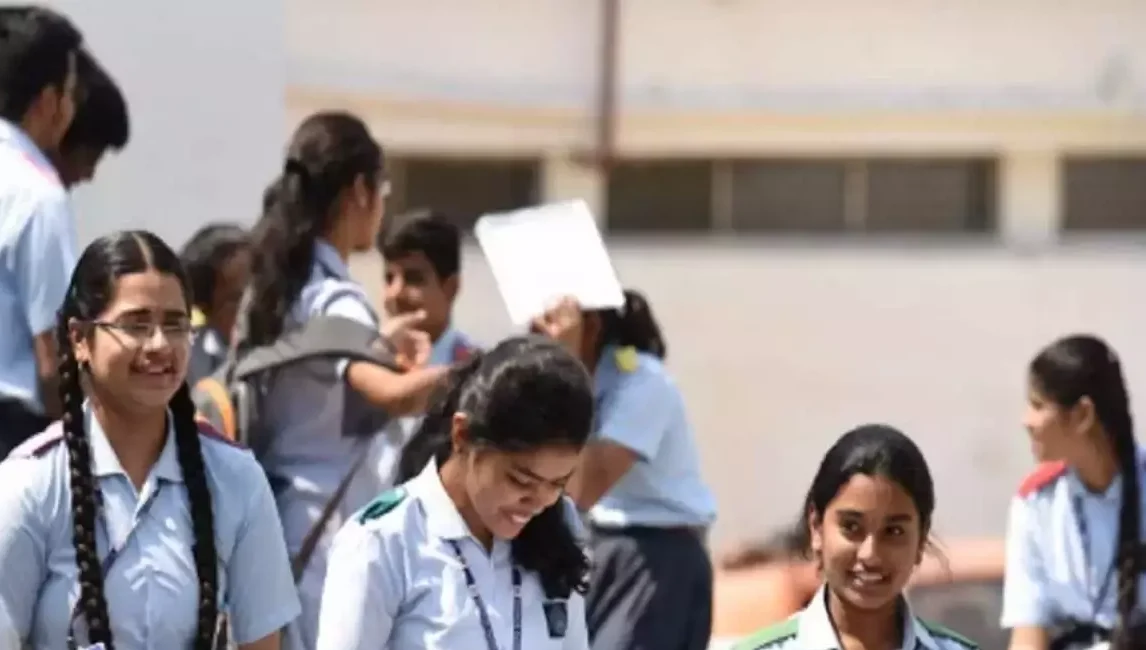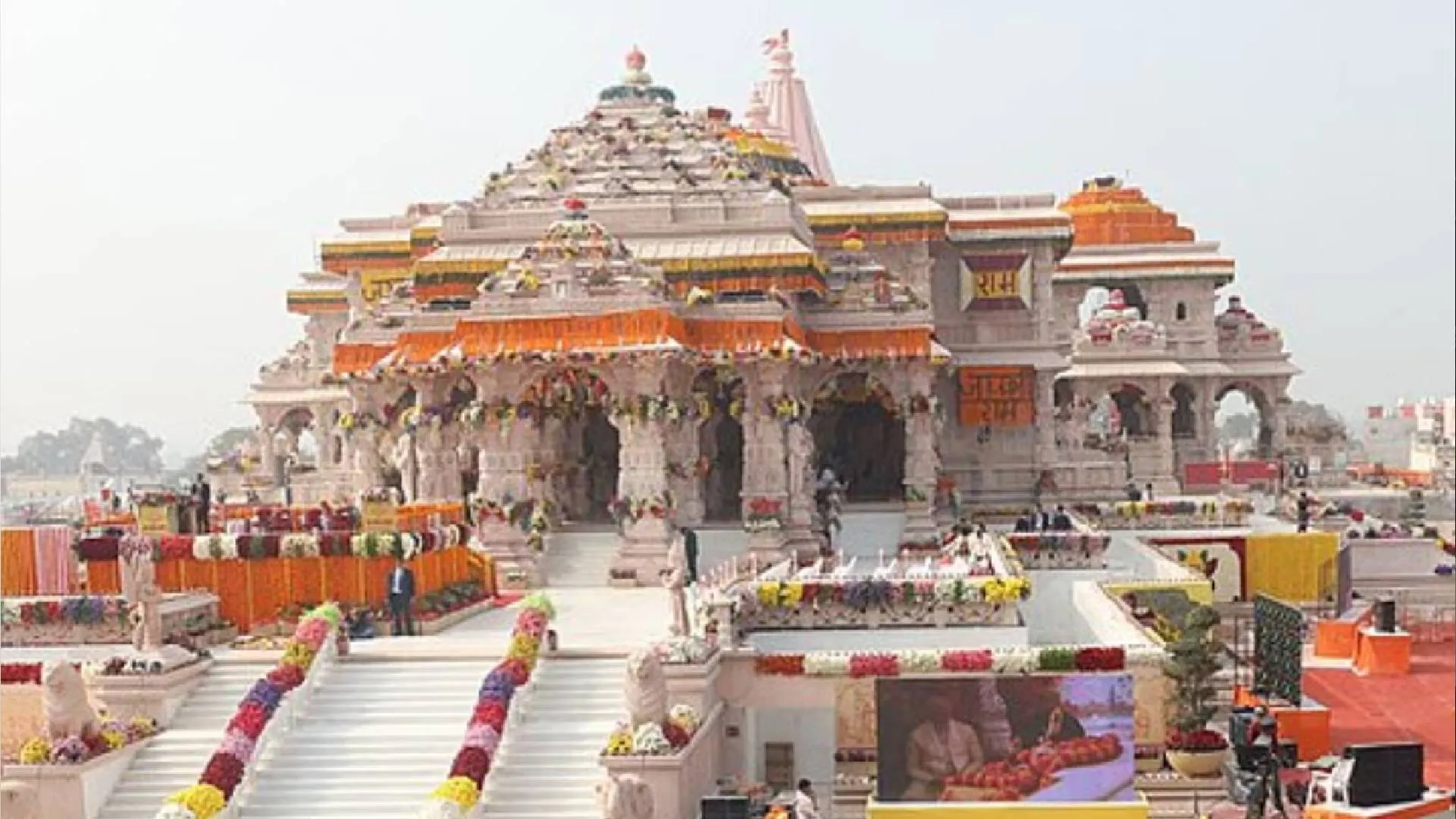The Central Board of Secondary Education (CBSE) is implementing stringent security measures for the 2024 class 10 and 12 board examinations to combat impersonation. These measures will include biometric authentication using digital fingerprinting, photo capturing, and face matching with scanned images of candidates.
Project Overview and Cost
This security project is set to cost Rs 20 crore and will cover over 1,200 examination centres nationwide, according to a CBSE document accessed by CNN-News18. The goal is to strengthen the examination process by ensuring accurate identification of all candidates.
“The Board is keen to implement biometric authentication and attendance marking systems to make the examination process robust by implementing digital fingerprint capturing and face matching (including photo capturing) of candidates by verifying the candidate’s identity on a real-time basis to monitor various activities at the examination centres across the country,” the document states.
How the System Will Function
Before the exams, the CBSE will provide an agency with data such as roll numbers, photos, and names of all registered candidates, typically one to two weeks in advance. The agency will then use this information to carry out the biometric verification, including fingerprint scanning and face matching, to ensure each candidate is properly authenticated during the exam.
Security Measures at Exam Centres
Each exam centre will be equipped with QR code scanners and handheld devices for fingerprint scanning, photo capturing, and face recognition. Trained operators will oversee the biometric verification process, ensuring that each device is used for every 60 candidates. The devices will capture the digital fingerprints and photographs of all candidates.
Also Read: CBSE Board Exams 2025: Class 10, 12 Theory Exams Set to Begin from February 15 | Details
In addition to biometric authentication, a secure real-time attendance monitoring system will be set up using a web server. This will ensure that the attendance data is accurate and up-to-date.
Data Management and Security
To safeguard the data, the entire database and application servers will be located in two different seismic zones within India. After capturing the biometric data, a hologram sticker will be placed on candidates’ admit cards as proof of authentication. Furthermore, a deduplication algorithm will be used to ensure no duplicate records exist in the system.
Real-Time Monitoring and Reporting
Facial recognition will involve a comparison of two images: one from the candidate’s online registration and another taken on the day of the exam. If there is a mismatch, the CBSE will be notified immediately, with a report delivered within 30 minutes of the exam’s start time.
These enhanced security measures are aimed at reinforcing the integrity of the CBSE exams, ensuring that all candidates are properly identified and reducing the risk of cheating through impersonation.























